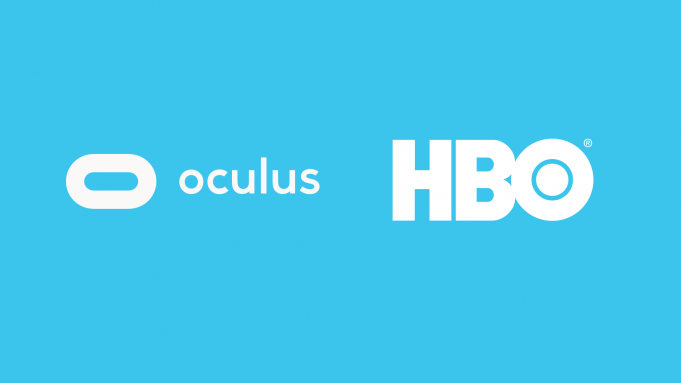At VRDC 2016, the VR conference counterpart to GDC, representatives from Oculus Story Studio and HBO will explore their approaches to immersive storytelling.
VRDC runs from March 14–15 brings, and brings a VR specific focus alongside the broader GDC 2016 conference. The first sessions announced to be held at VRDC will bring VR storytelling insights from Oculus Story Studio and HBO.
 Maxwell Planck, Technology Director at Oculus Story Studio, will focus on ‘Making Compelling and Immersive Story at 90 FPS’:
Maxwell Planck, Technology Director at Oculus Story Studio, will focus on ‘Making Compelling and Immersive Story at 90 FPS’:
Description: The medium of real-time immersive VR storytelling is so new and different that the technical practices and process creatives have used in the past have had to be rethought. This talk will discuss how the creators of ‘Henry’ and ‘Lost’, two VR short films, made hard choices in service of story to fit in a strict 11 mins deadline, how it changed the teams thinking from a shot based pipeline to a “story beat” pipeline, and their thoughts on how developing story in the context of presence is a new and interesting challenge to tackle.
Attendee Takeaway: This talk is intended for game developers, technical and creative, who are interested in VR storytelling. Story developers and producers who are interested in how the creative constraints of VR storytelling affect their craft will also find it useful.
Maxwell Planck is the Technology Director at Oculus Story Studio where he leads the technical production of the studio projects, CG Supervising “Lost” and Co-producing “Henry”. Prior to Oculus, he worked as a Technical Director at Pixar solving the creative and technical problems of Cars, Wall-e, Up, Brave, MU, and The Good Dinosaur.
See Also: Face to Face With Smaug – Inside Weta’s New Lord of the Rings Oculus Rift Demo
 In another session, Pete Isensee, Senior Staff Engineer at HBO Code Labs, will explore ‘Creating Believable Human Characters in VR’:
In another session, Pete Isensee, Senior Staff Engineer at HBO Code Labs, will explore ‘Creating Believable Human Characters in VR’:
Description: How do you take a series created for television, featuring real people, and bring that experience into VR, particularly given significant real-time performance limitations? That’s the challenge a small team at HBO has been working on for the past year. In this talk, we’ll examine the choices made in bringing the performance to life, creating realistic humans in VR using a mix of video, motion and facial capture, plus animation and AI. In this talk there will be a discussion on how to combine the best characteristics of game development and film creation into a visceral and affecting experience.
Attendee Takeaway: Attendees will come away understanding the challenges required to bring humans to life in VR. They will learn about trade offs between using computer-generated scenes and 360-degree video, and which of the techniques we used had the most impact in VR.
Pete Isensee has been in the digital entertainment business since 1994. He’s programmed video games, shipped three generations of Xbox consoles, published dozens of technical articles, and taught C++ tips & tricks to game developers worldwide. Currently, he’s a software engineer at HBO, unlocking the storytelling potential of VR with the creative power of the film industry.







